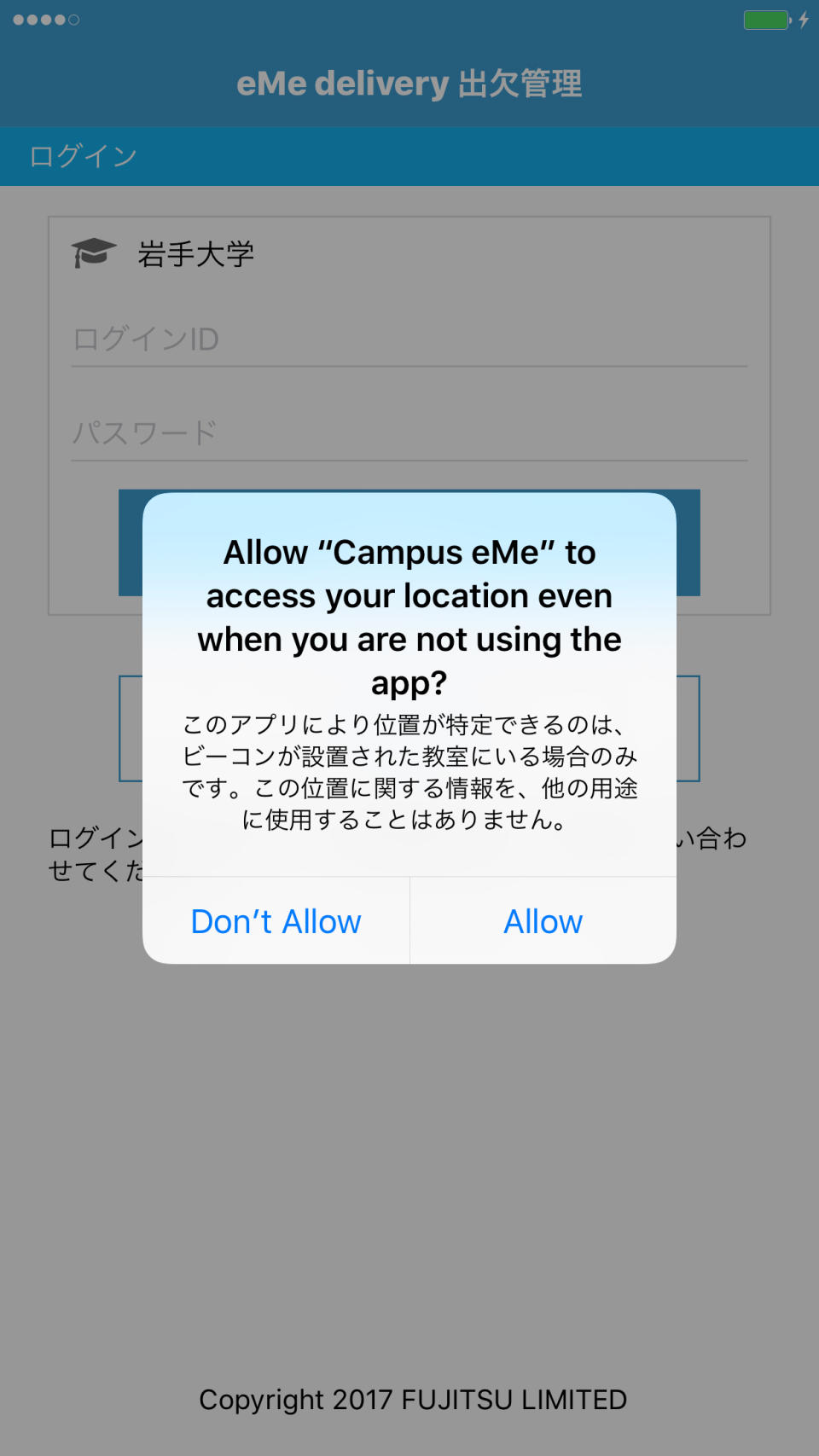Japanese university's use of app to track students' attendance sparks outcry over privacy
As technology advances, many things have gone digital. It is understandable as a lot of processes are streamlined and this makes information more concise and reliable. But more often than not, we have heard and seen that technology is a double-edged sword. This time, an app that Iwate University introduced to their students has caused controversy over privacy issues.
Simply put, this app called Campus eMe tracks the attendance of students. The app began its trial period this month, and was available for download since end of December last year.
But the university students raised concerns on Twitter which spread like wildfire, “Even if you are absent, the app still has access to your location services. Students are fully under control and this feels like being imprisoned.”

In response, the university clarified, “Due to the lack of explanation, we have made our students worry over the collection of location information. We are deeply apologetic. However, the app does not store location information.”
In an interview with Mr Yamazaki, Head of Academic Affairs of Iwate University, he said the app does not detect location through GPS. Rather, the location is determined through a wireless connection to the beacon set up in the classroom. He further explained that the underlying reason for having the app is to improve the efficiency of managing attendance and gathering information.
It appears to be that the teachers have to take 5 – 10 minutes to take attendance through calling names, with some big classes having 100 or 200 students. Furthermore, it was impossible for the university to tell whether a student missed only a class, or had not come to school for one or two weeks. With the computerised information, the school would be better able to track the data, and provide necessary support relatively quickly to physically sick or mentally unfit students, especially since many students live alone.
As the app is still in its trial phase, only first-years and second-years taking the General Liberal Arts are part of this test. A few other issues are to be considered too, such as not being clear whether all students own a smartphone, or whether the students faced any problems using the app. In order to get the understanding of the students, it is necessary to make further clarifications, like in this case with the objections to the app posted on Twitter.
While there may be some teething issues in taking the digital approach and introducing new technology, in the long run, the use of a mobile app to take attendance may prove to be a pretty good idea.



